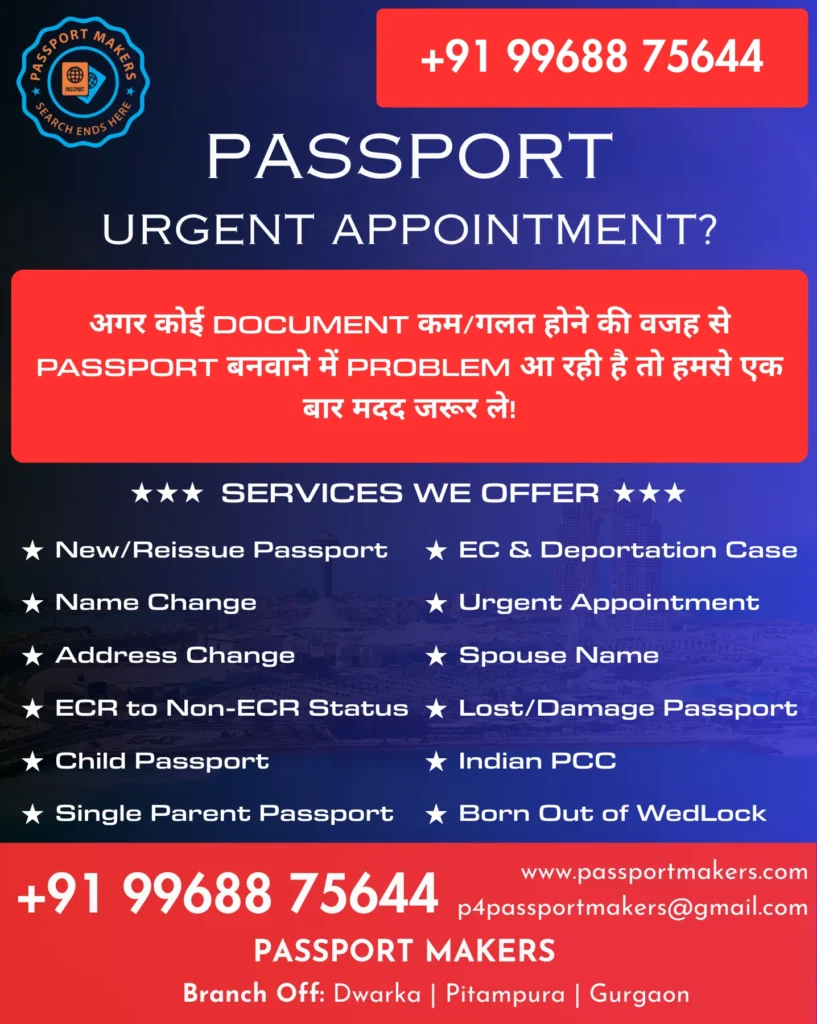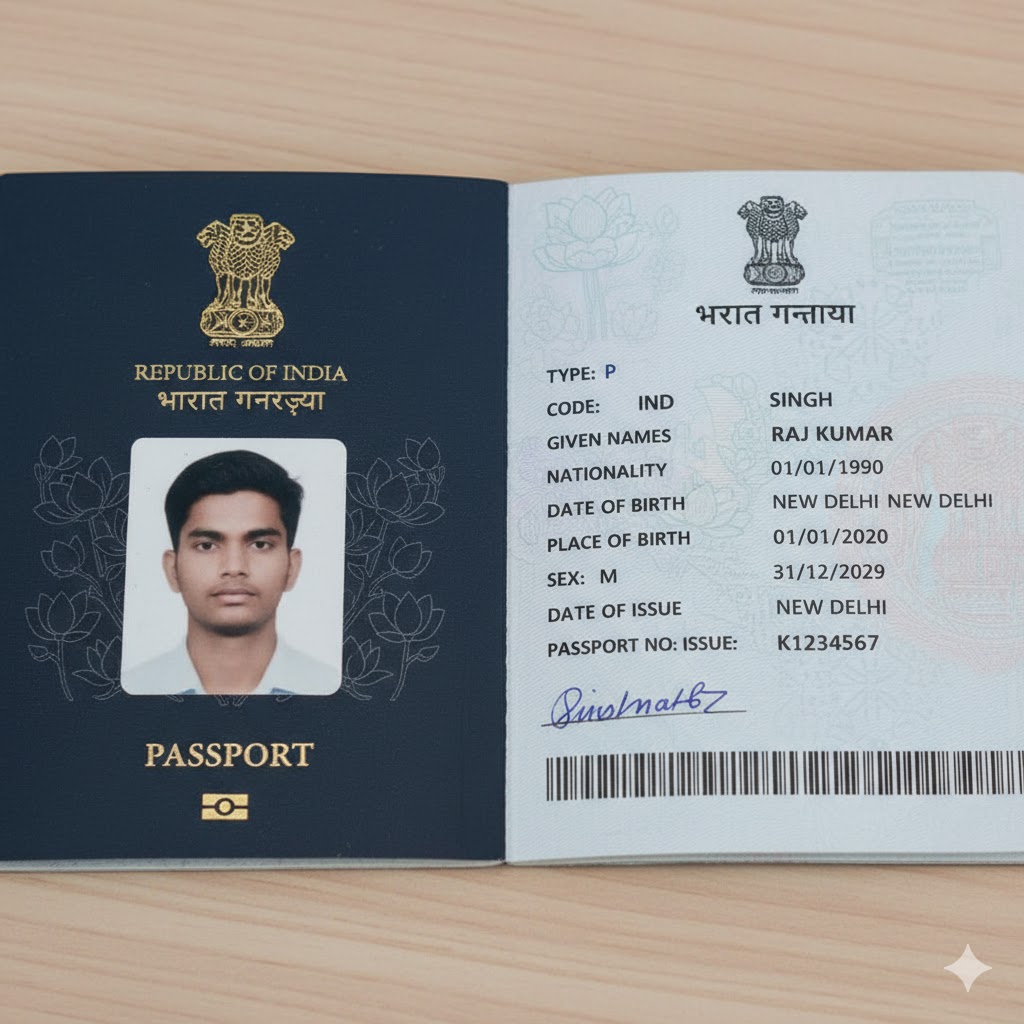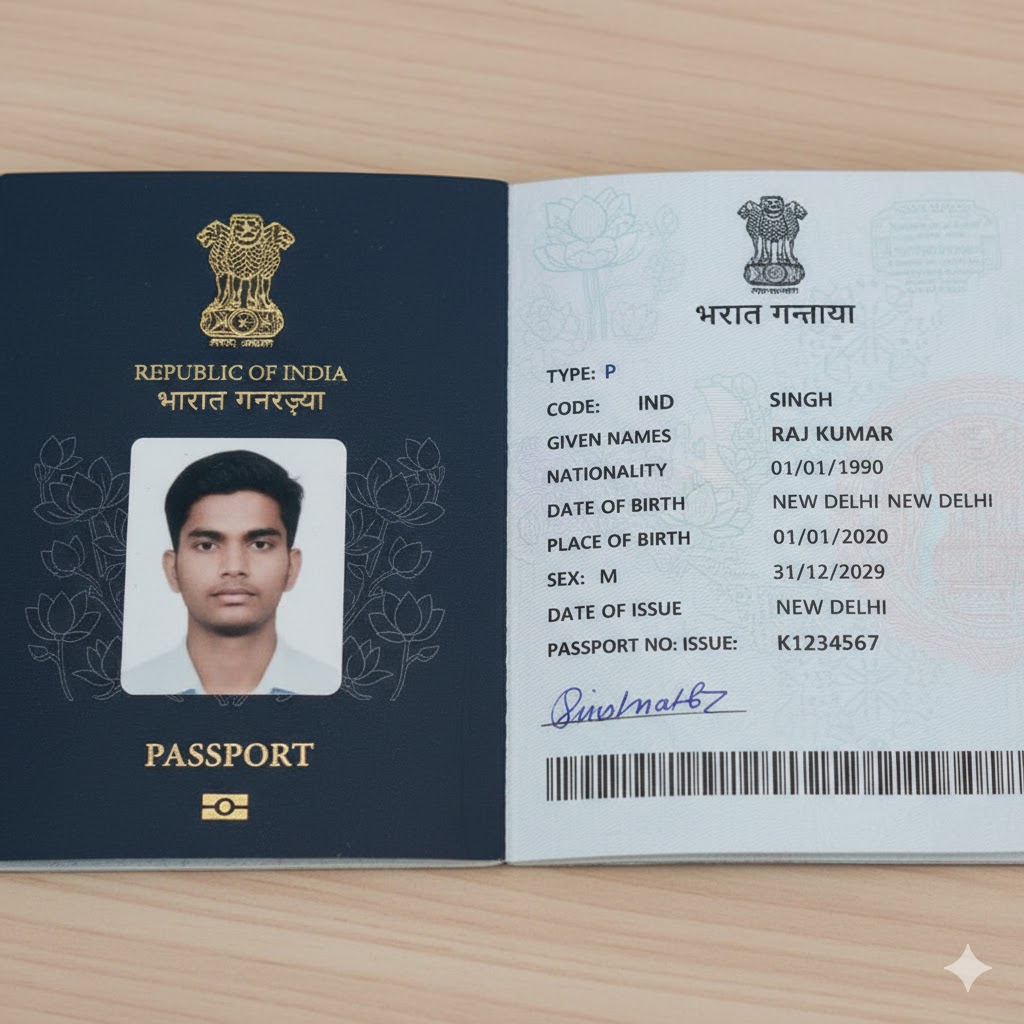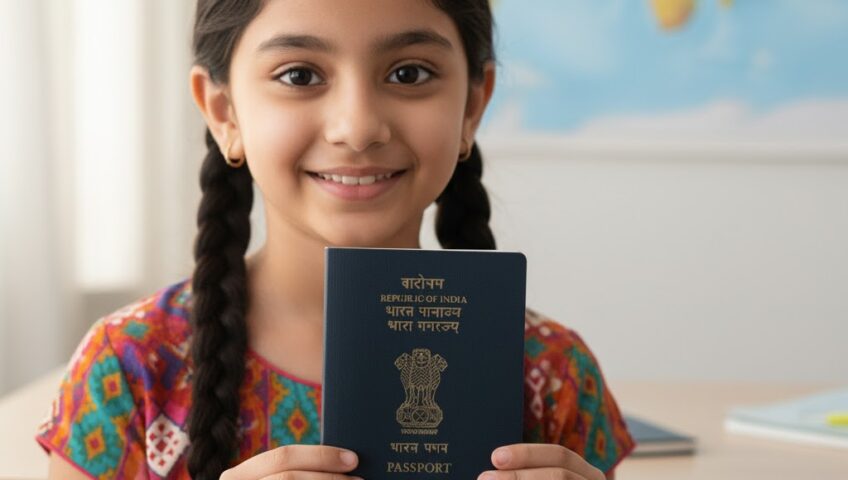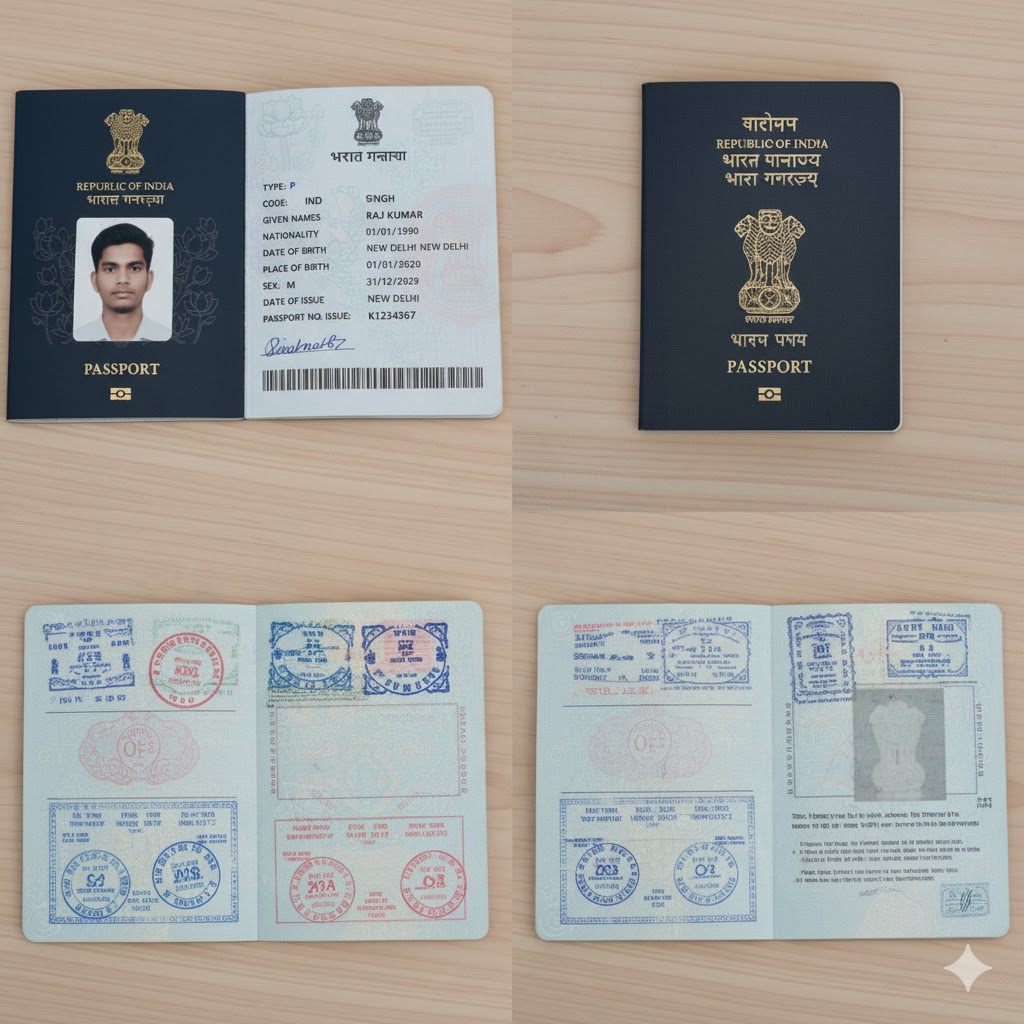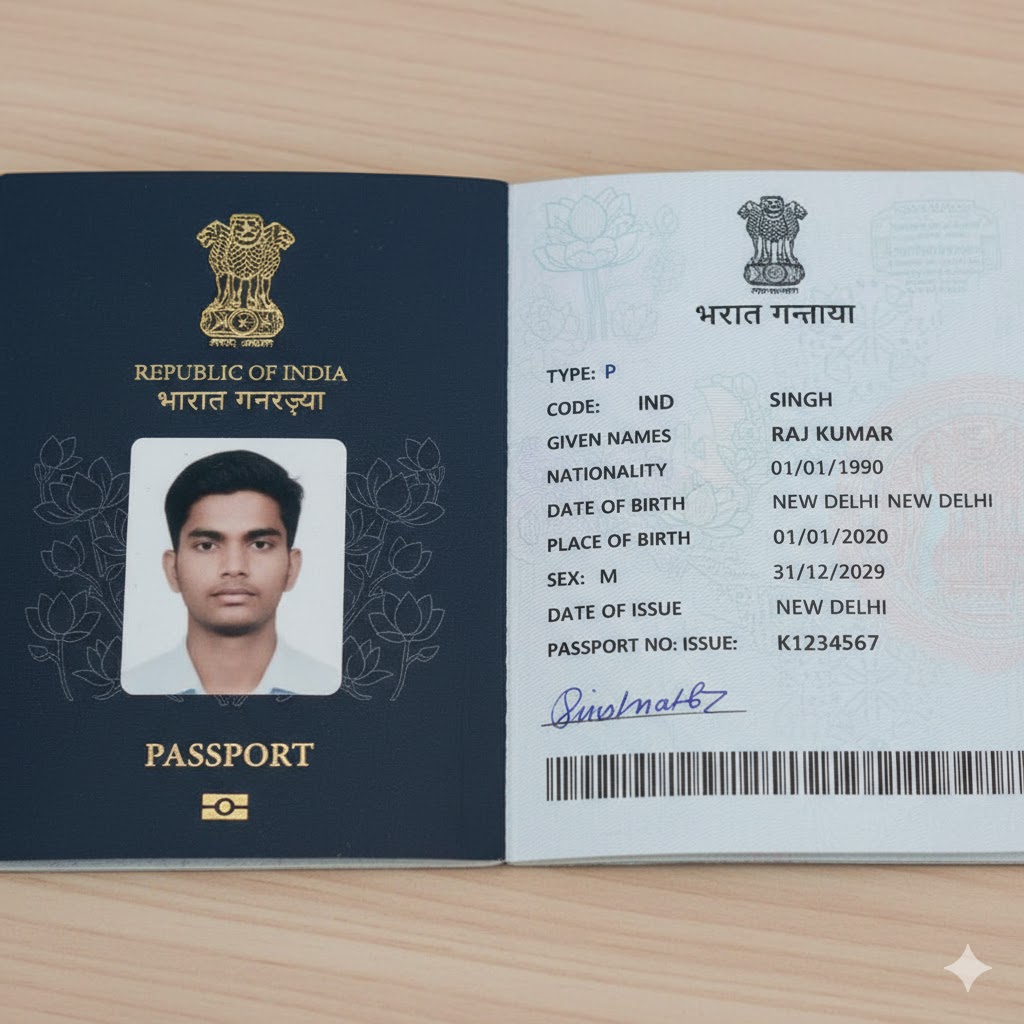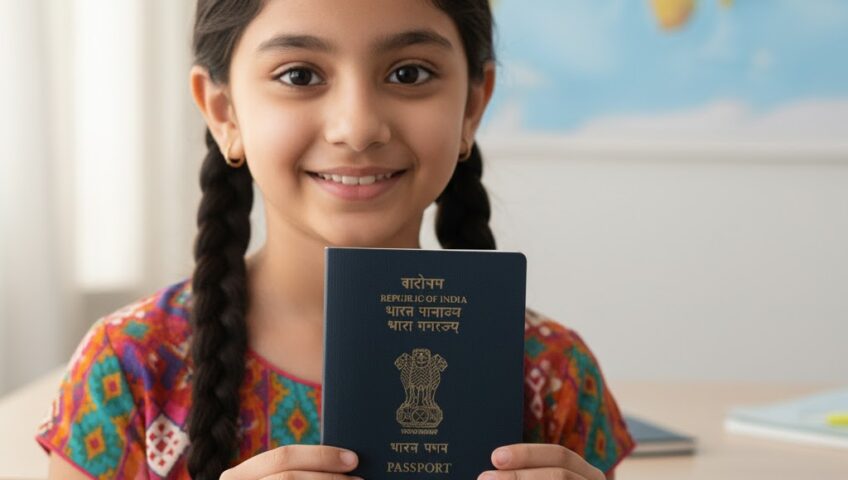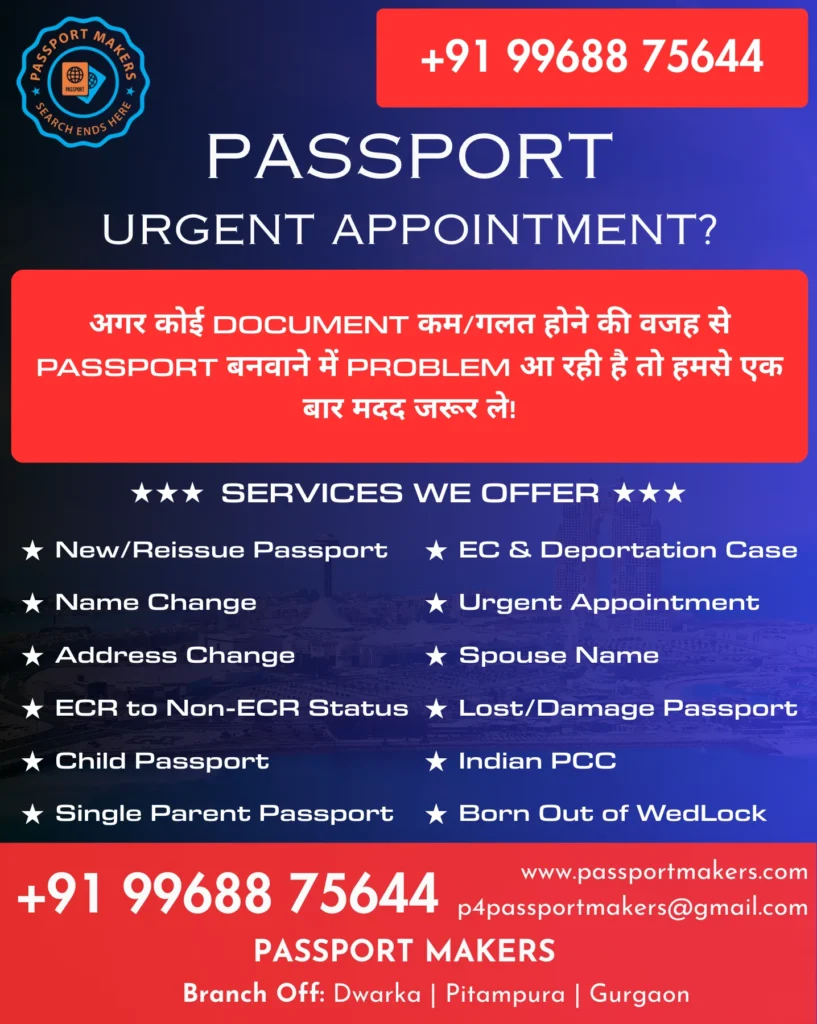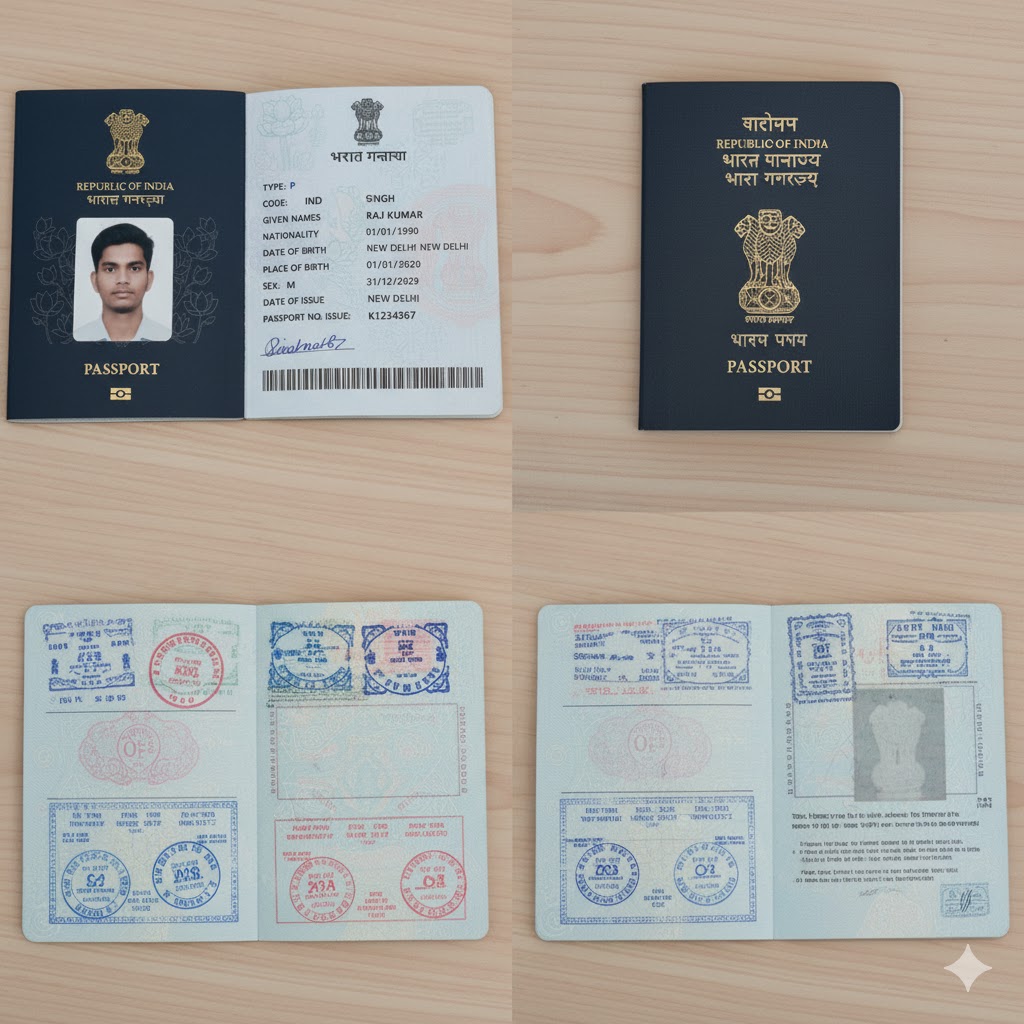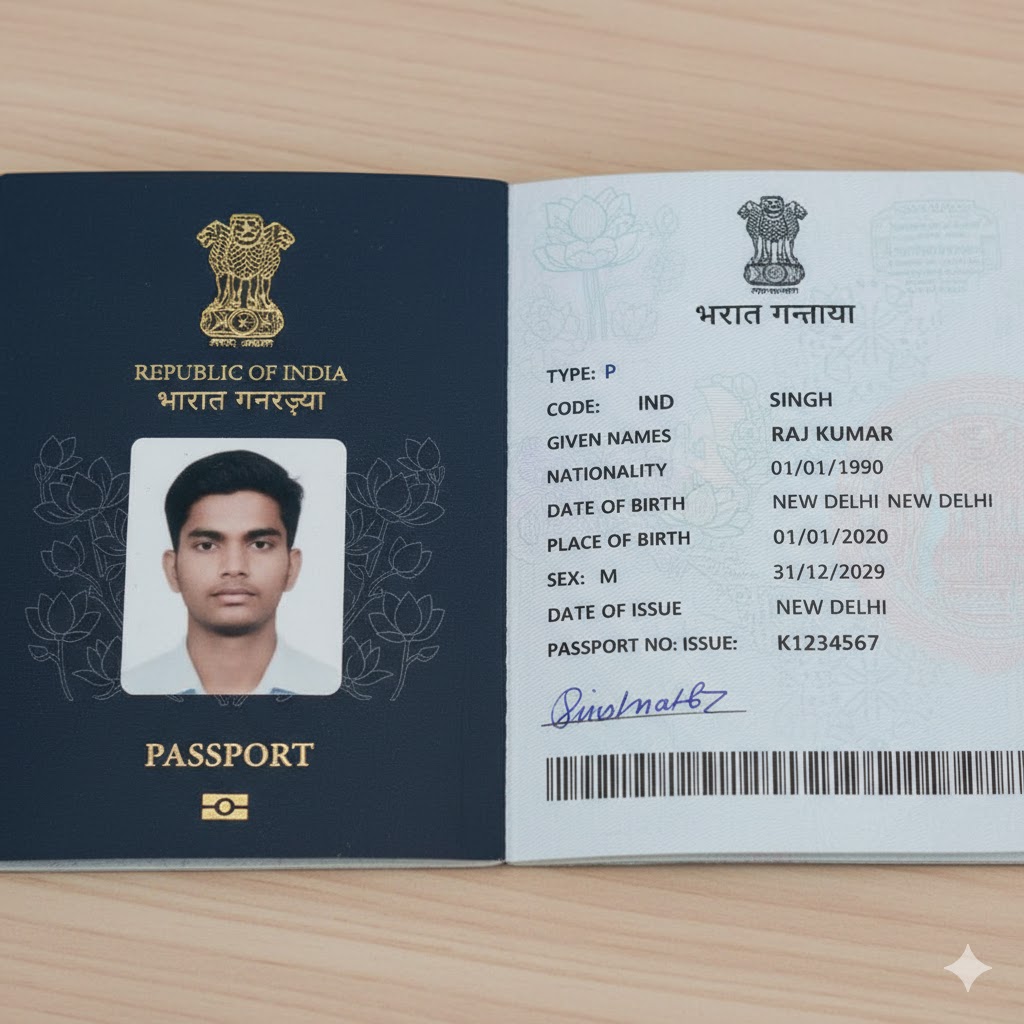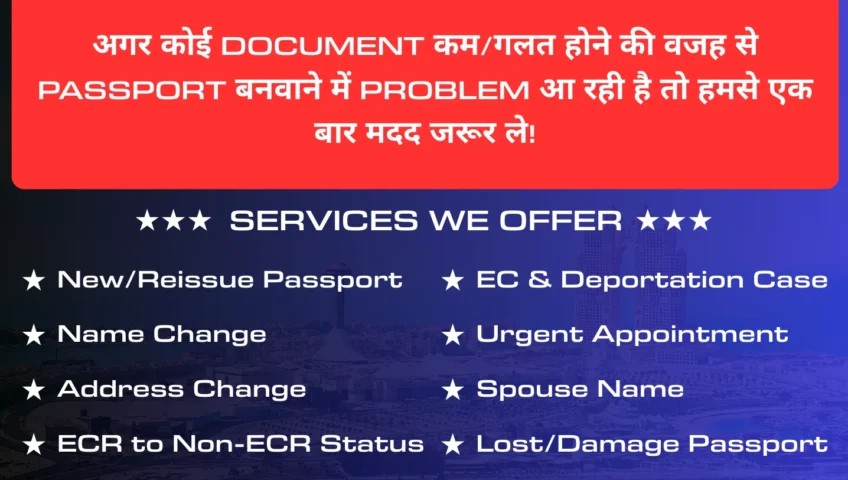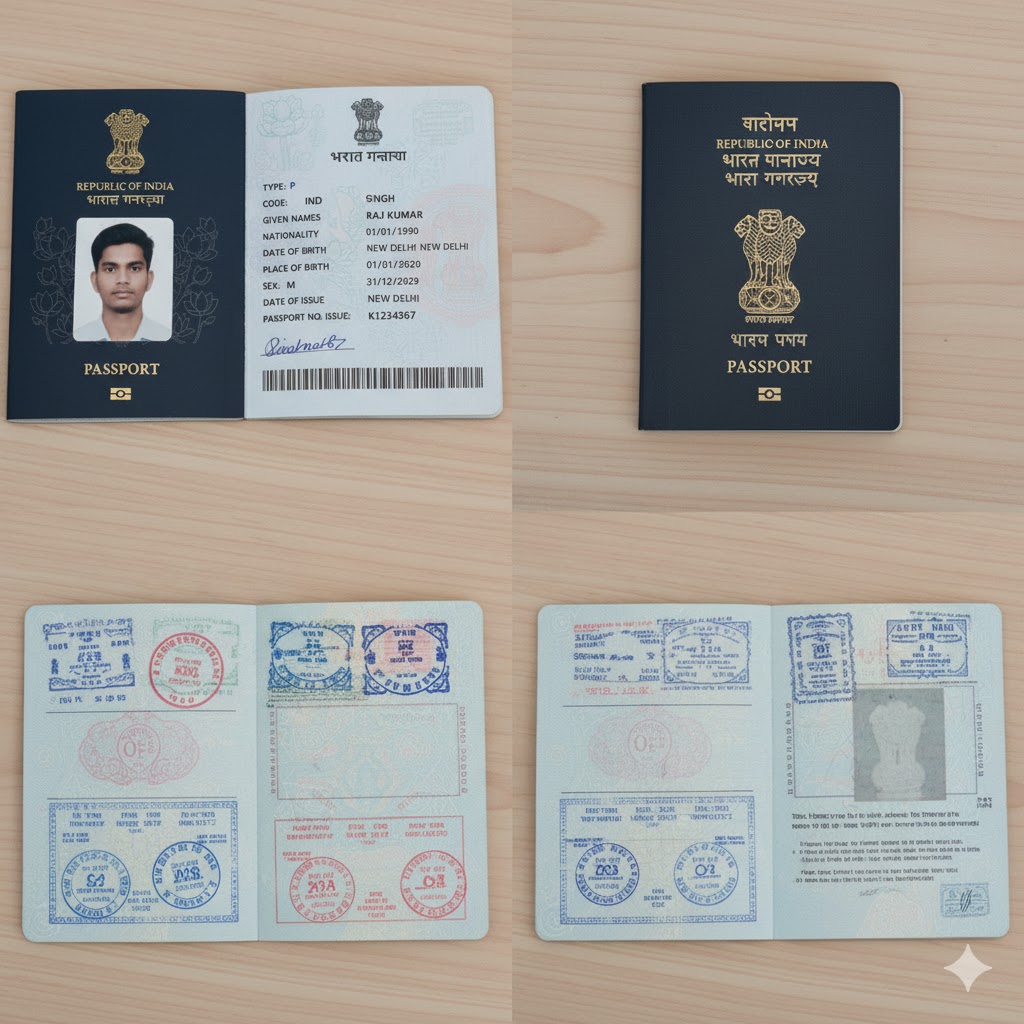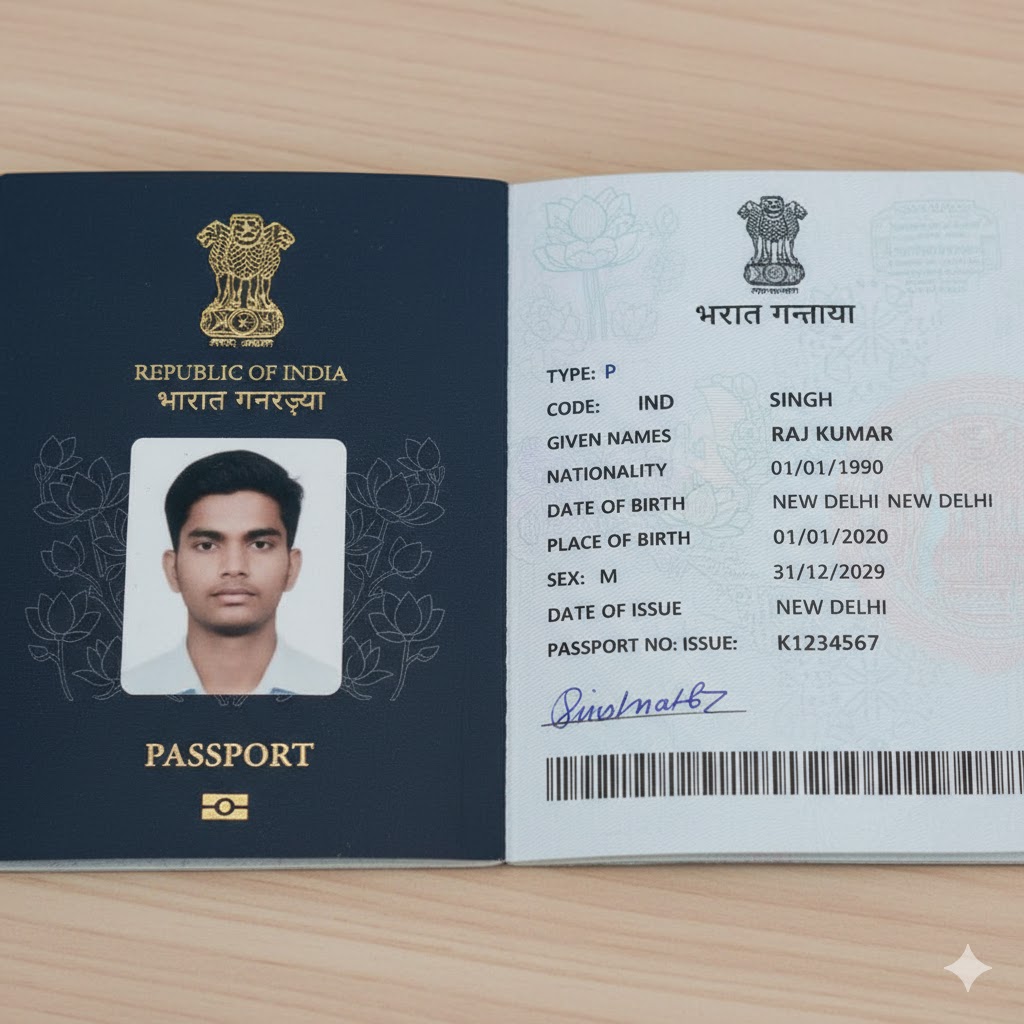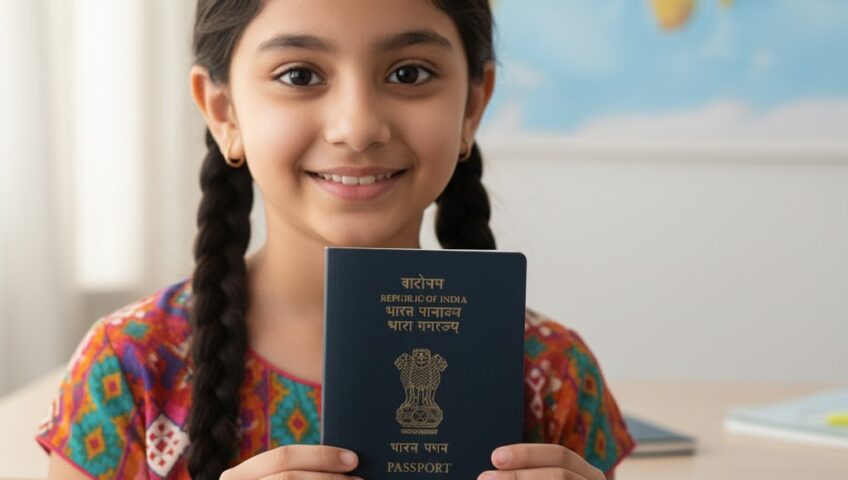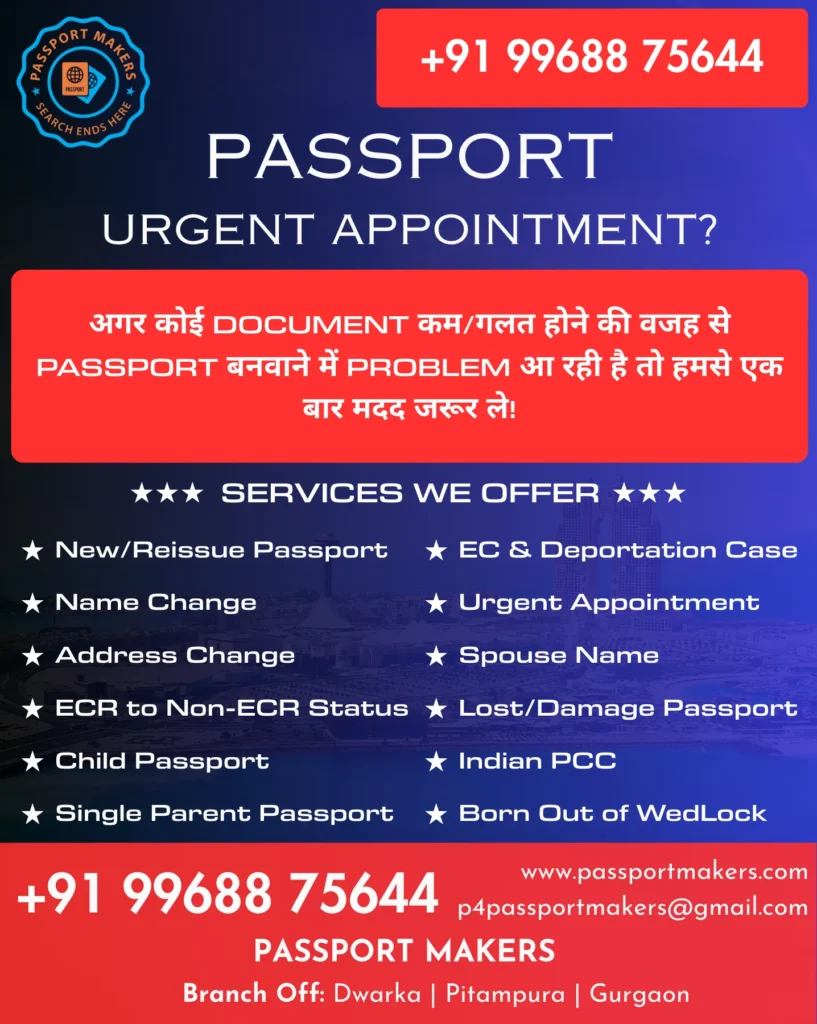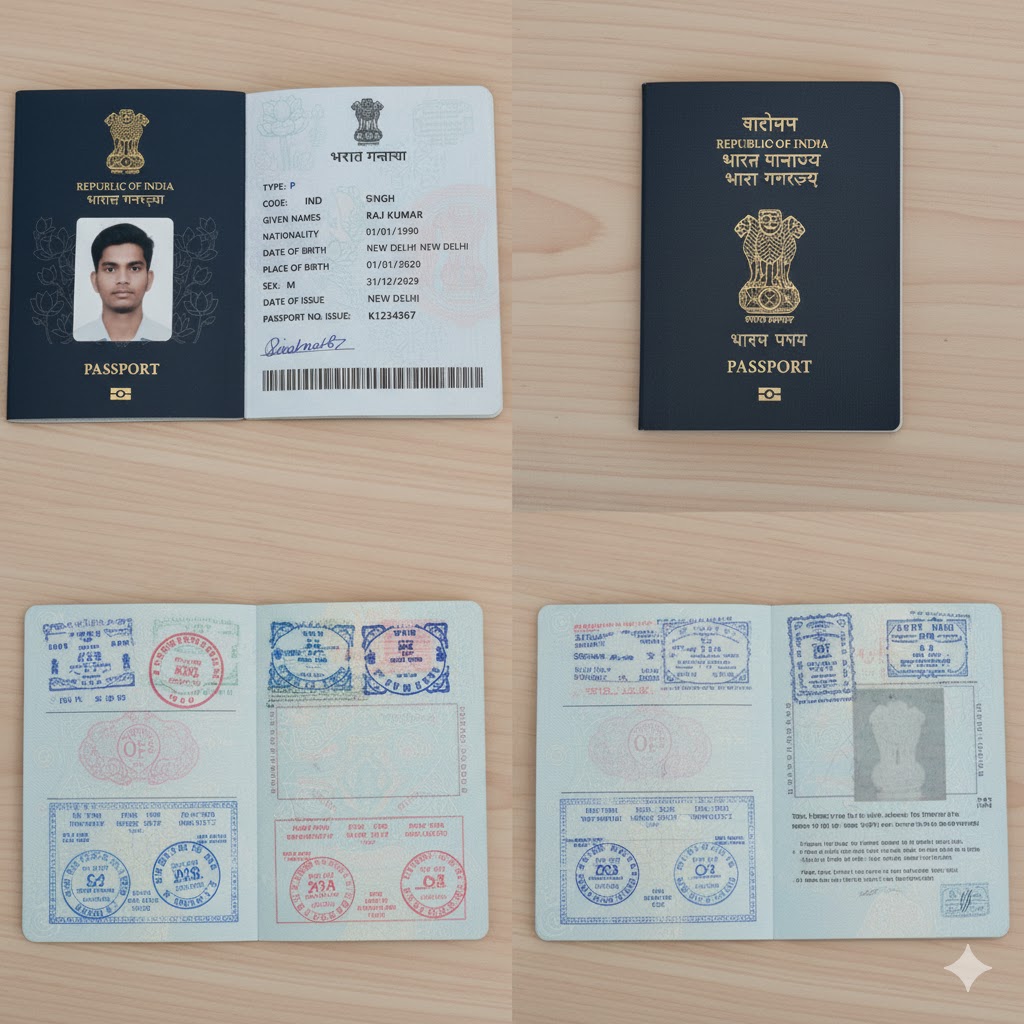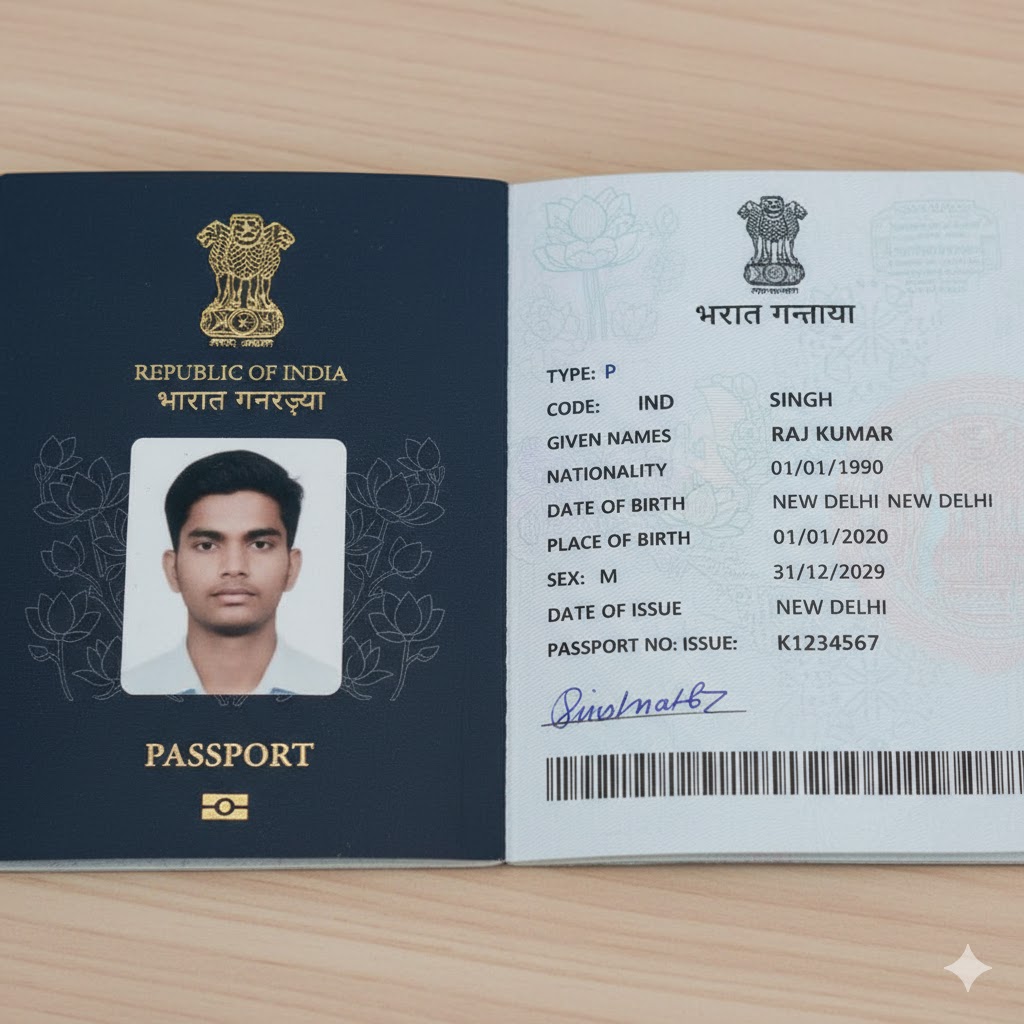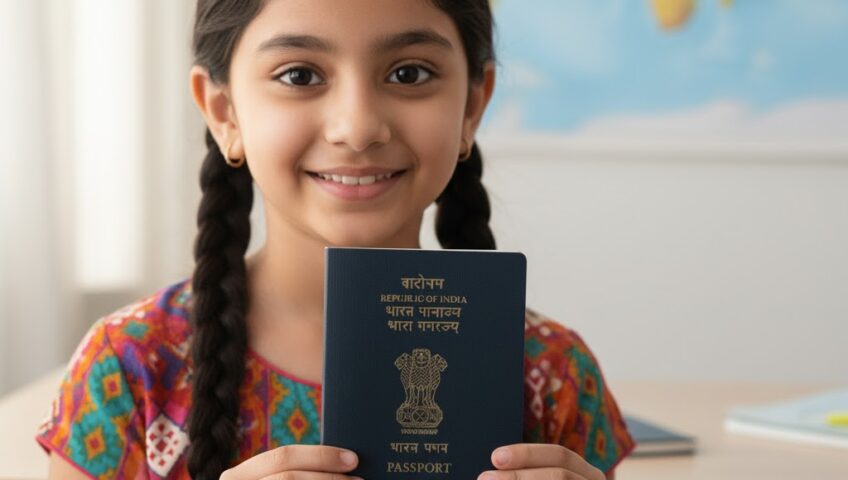
Introduction to RPO Review Processes : Recruitment Process Outsourcing
Recruitment Process Outsourcing (RPO) has become an essential element of modern hiring strategies for organizations looking to streamline their recruitment operations. The RPO review process is a critical phase that involves the evaluation of applicants’ profiles and their corresponding documents,
ensuring they align with the organization’s recruitment criteria. Essentially, an RPO review entails a thorough assessment of candidate qualifications, experiences, and fit for the role in question. This step is paramount as it determines which candidates move forward in the hiring process and which do not.Recruitment Process Outsourcing
One of the primary objectives of the RPO review is to enhance the efficiency and effectiveness of talent acquisition. By outsourcing this function, companies can leverage specialized expertise, achieve quicker turnaround times, and maintain a consistent, objective approach to candidate assessment.
However, despite these advantages, many hiring teams encounter challenges that lead to application files stalling in the RPO review stage. These challenges often stem from various factors, such as overwhelming candidate volumes, insufficient resources, or a lack of clear communication between stakeholders.Recruitment Process Outsourcing
Moreover, the stakes are high when application files linger in the RPO review phase. Prolonged delays can result in lost talent, diminished applicant interest, and tarnished employer branding. It is crucial to recognize the urgency of addressing such bottlenecks, as they not only impede the hiring process but also impact the organization’s overall human resource strategy. Understanding the common reasons for delays in the
RPO review process paves the way for identifying actionable solutions. By proactively tackling these issues, organizations can improve their recruitment efficiency and ensure they attract and retain top talent in their respective industries. Recruitment Process Outsourcing
Step 1: Assess the Current Status of Your Application
To effectively fast-track your RPO application, it is crucial to first assess the current status of your application. This involves a comprehensive review of the communication you have received from your RPO provider. Begin by closely examining any emails, messages, or notifications regarding your application.
Identify if there are any pending requests for additional information, clarification, or documentation that may be contributing to the delay. Recruitment Process Outsourcing
Next, review the application materials you submitted. Ensure that all necessary documents were provided and are complete. Pay particular attention to details such as application forms, resumes, and references. Even a minor oversight can lead to significant delays in the application review process.
Highlight any portions that may require revisions or additional details to clarify your qualifications or experiences further. Recruitment Process Outsourcing
Additionally, determine whether your application has progressed to the next stage of the review process. Understanding the timeline and acknowledging the phases of application processing can provide you valuable insights into the current bottlenecks. It may be beneficial to create a checklist of the steps completed thus far, which will assist in visualizing what remains to be done. Recruitment Process Outsourcing
If after this review you identify any grey areas or uncertainties regarding your application’s status, consider if follow-ups are warranted. Reach out to your RPO provider with specific questions or requests for updates. This proactive approach not only reflects your interest in the position but also may expedite the process.
Communicating clearly and professionally with your RPO provider can often yield significant benefits, alleviating concerns and clarifying any misunderstandings. Taking these steps will help illuminate the pathway forward as you work diligently to move your application towards a successful resolution. Recruitment Process Outsourcing
Step 2: Ensure Complete and Accurate Documentation
In the process of RPO (Recruitment Process Outsourcing) review, the importance of submitting complete and accurate documentation cannot be overstated. Documentation serves as the backbone of your application file, and any missing or erroneous information can significantly delay the review process.
Typically, the required documents may include your resume, cover letter, application form, transcripts, and any relevant certificates or licenses that pertain to your field of interest. Recruitment Process Outsourcing
Common mistakes applicants make often revolve around overlooking certain documents or failing to provide the most recent versions. For instance, submitting an outdated resume or including certificates that have expired can hinder progress. Additionally, many individuals neglect to proofread their application materials thoroughly,
leading to typographical errors or misrepresentations of their qualifications. Such mistakes can create confusion and may result in a request for resubmission, further extending the timeline of the review. Recruitment Process Outsourcing
To avoid these pitfalls, it’s advisable to create a checklist of all required documents and systematically verify each item. Double-check the accuracy of personal information such as your name, address, and contact information to ensure consistency. It’s also prudent to evaluate the relevance and timeliness of your documents, confirming that each meets the requirements specified by the RPO service provider.
Moreover, consider seeking a second opinion by having a knowledgeable friend or colleague review your documentation before submission. This fresh perspective may help identify oversights that you might have missed, increasing the overall quality of your application. By ensuring that your documentation is complete and accurate,
you greatly enhance the chances of expediting your application review, leading to a more efficient hiring process. Recruitment Process Outsourcing
Step 3: Establish Communication with the RPO Provider
Effective communication with your Recruitment Process Outsourcing (RPO) provider is a crucial step in expediting the review of your application file. Proactive engagement can significantly enhance the likelihood of a swift resolution to any pending issues. By establishing a clear line of contact, you can obtain the necessary updates and address any concerns that may be impeding the progress of your file. Recruitment Process Outsourcing
Start by identifying the appropriate contact person within the RPO organization. This may typically be a project manager or an account representative specifically assigned to your account. If you are uncertain, check your onboarding materials or the RPO provider’s website for the relevant contact information. Establishing a connection with the right individual can ensure that your inquiries are directed to someone who understands the nuances of your application process.Recruitment Process Outsourcing
When reaching out, it is important to articulate your inquiries clearly and concisely. Outline the specific aspects of your application that require attention, whether it be missing documentation, timelines for review, or understanding the criteria being used. Including relevant details will enable the
RPO provider to respond more effectively and may help resolve issues more rapidly. Consider preparing a list of questions or concerns in advance to stay organized and focused during your communication.
Additionally, adopting a courteous and professional tone can foster a cooperative relationship with the RPO provider. Expressing appreciation for their assistance can create a positive atmosphere that encourages swift responses to your queries. Regular follow-ups, without being overly persistent,
are key in demonstrating your commitment to the process while keeping your application at the forefront of their priorities.Recruitment Process Outsourcing
Step 4: Leverage Networking and Recommendations
In the competitive landscape of recruitment process outsourcing (RPO), leveraging networking and recommendations can significantly enhance the speed and effectiveness of your application process. Establishing connections within the industry not only increases your visibility but can also lead to valuable opportunities that may otherwise remain hidden.
Networking is a powerful tool that enables you to engage with professionals who can provide insights, share experiences, and possibly recommend you for positions or RPO projects that align with your skills. Recruitment Process Outsourcing
One of the first steps to harnessing the power of networking is to identify industry-related events and professional organizations. Conferences, workshops, and seminars provide excellent venues for meeting key players in the recruitment field. Participating actively in discussions and engaging with speakers can help you create meaningful relationships. Additionally,
joining professional associations related to RPO can further widen your network and increase your chances of receiving recommendations from trusted sources. Recruitment Process Outsourcing
Utilizing online networking platforms such as LinkedIn is equally crucial. A well-crafted LinkedIn profile that highlights your experience and skills can attract the attention of recruiters. Engaging with posts, joining relevant groups, and reaching out to connections for informational interviews are effective strategies to build rapport.
When seeking referrals, be sure to approach individuals who are familiar with your work and can vouch for your capabilities. A personal recommendation often carries significant weight in decision-making processes, and such endorsements can set your application apart from others.
In conclusion, networking is not just about creating contacts; it’s about fostering relationships that can accelerate your RPO application process. By actively engaging with industry professionals and securing recommendations, you position yourself more favorably in the competitive recruitment landscape.
Leveraging these connections effectively can lead to faster and more positive outcomes in your job search or application endeavors. Recruitment Process Outsourcing
Step 5: Utilize Professional Services for Application Review
In the complex landscape of application processes, enlisting the help of professional services can significantly enhance the efficiency and effectiveness of your RPO (Recruitment Process Outsourcing) review. Professional consultants possess in-depth knowledge and experience that can be invaluable, particularly for individuals encountering challenges that lead to a stalled application file.
Their expertise often spans various industries and applicant scenarios, equipping them with the tools necessary to navigate the intricacies of the review process.
There are multiple types of professional services available for application review. Some consultancies specialize in specific fields such as healthcare, technology, or finance, ensuring that they understand the unique requirements and expectations associated with those industries. Other firms provide more generalized assistance,
focusing on the overall application strategy, documentation preparation, and compliance with regulatory standards. By choosing the right service that aligns with your specific needs, you can enhance your application’s quality and increase the likelihood of a favorable outcome.
Engaging with professional consultants offers numerous benefits. First and foremost, they can provide objective assessments of your application materials, identifying weaknesses that may lead to delays. Furthermore, they often have an established network of relationships within industry standards and practices,
which can accelerate communication and streamline the review process. Additionally, their proven methodologies and innovative solutions can facilitate a more organized approach to your application, ensuring that no critical elements are overlooked.
Ultimately, utilizing professional services for your application review can serve as a strategic move to alleviate the frustration of being stuck. With their guidance, you can navigate the application process with greater confidence and clarity, allowing for a timely and efficient resolution to your RPO challenges.
Step 6: Follow-Up Strategically
Following up on your application for RPO (Recruitment Process Outsourcing) review is a critical aspect of the process that can significantly influence the outcome. Strategically timing your follow-up communications can enhance your visibility without coming across as overly aggressive. Typically, it is advisable to wait a week or two after submitting your application before reaching out. This allows the recruitment team the necessary time to review applications and begin their selection process.
When drafting your follow-up message, it is essential to be concise and clear about your intent. Begin with a polite inquiry about the status of your application. Make sure to include relevant details, such as your application reference number and a brief mention of the position you applied for. Such specifics not only demonstrate your attention to detail but also assist the hiring team in locating your application swiftly.
Maintaining a professional tone throughout your correspondence is paramount. Avoid using informal language or making demands. Instead, express genuine interest in the position and gratitude for the opportunity to apply. For instance, a simple statement expressing enthusiasm about the role can go a long way. Moreover, if additional information or documentation is needed, offer to provide it promptly, showcasing your willingness to assist and your commitment to the process.
On the other hand, there are some common pitfalls to avoid when following up. Refrain from sending multiple messages in a short span or displaying frustration if updates are delayed. Such actions may reflect poorly on your candidacy. Instead, focus on crafting one well-considered follow-up, receptive to the potential timelines that the hiring process may entail. This approach not only underscores your professionalism but also enhances your reputation as a patient and respectful applicant.
Step 7: Prepare Alternatives while Waiting
While awaiting the outcome of your Recruitment Process Outsourcing (RPO) application, it is essential to adopt a proactive approach. Preparing alternatives during this waiting period not only alleviates anxiety but also ensures that you remain competitive in the job market.
One effective strategy is to explore other career opportunities that align with your skills and experience. This might involve searching for positions within other organizations or even considering roles in different sectors that might suit your qualifications.
In addition to pursuing other job prospects, it is vital to maintain and enhance your skills in the interim. Enroll in online courses, attend webinars, or participate in industry-related training programs. These activities can significantly improve your employability and demonstrate your commitment to personal development.
Many platforms offer free or low-cost resources that cater to a wide range of industries, allowing you to stay relevant and knowledgeable about current trends and technologies.
Furthermore, networking should be an essential component of your strategy while waiting for your RPO results. Engaging with professionals in your field through industry events, social media platforms, or networking groups can help create valuable connections.
These relationships may lead to unforeseen job opportunities or recommendations in the future. Be open to informational interviews or casual meetups where you can discuss your career aspirations and seek advice.
Lastly, consider temporary or freelance roles that could provide immediate income and additional experience while you await the outcome of your application. Such opportunities can provide a safety net and concurrently boost your resume. By preparing alternatives,
you can effectively transform your waiting period into a period of growth and exploration, thereby ensuring that you remain ready for whatever comes your way.
Conclusion and Next Steps
Throughout this blog post, we have examined the importance of effectively navigating the complexities of the Recruitment Process Outsourcing (RPO) review, particularly when faced with a sluggish application file. The steps outlined, from meticulously refining your resume to engaging with your recruiters actively,
serve as a roadmap for candidates striving to fast-track their applications. Each action plays a critical role in this process, ultimately aiming to enhance the visibility of applicants within a competitive job market.
It is crucial for job seekers to maintain persistence and adaptability as they traverse the nuances of recruitment. Implementing these practical steps can significantly influence the trajectory of one’s application experience.
For instance, refining your personal branding ensures that you stand out in a crowded applicant pool while direct communication with your potential employers can help clarify progress and expectations.
Moreover, leveraging networking opportunities and seeking additional feedback not only enriches your application but also establishes valuable connections in your industry. Candidates are encouraged to explore various platforms dedicated to professional growth and recruitment insights, allowing them to stay informed about industry shifts and emerging trends.
As job seekers move forward, they should remain open to adjusting their strategies based on real-time feedback and experiences. The recruitment landscape may pose challenges, but sustaining an adaptive approach will empower applicants to overcome obstacles and enhance their chances of success. Embracing these steps with diligence and an open mindset is essential in today’s dynamic employment environment.
In summary, the RPO review process need not be a daunting ordeal. With the right strategies and a commitment to continuous improvement, candidates can navigate their application journey more effectively, making the most of every opportunity in pursuit of their professional aspirations.



